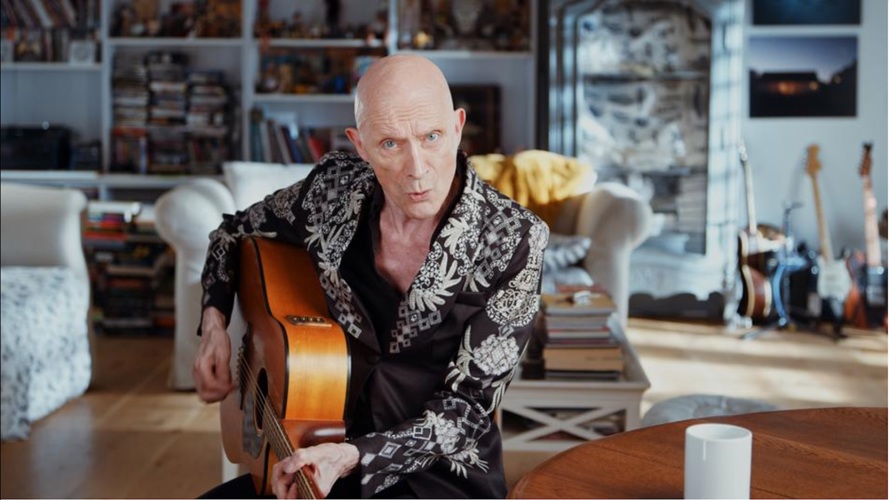SXSW Film Review: "Strange Journey: The Story of Rocky Horror" Celebrates Legacy of a Cult Classic
When The Walt Disney Company purchased 20th Century Fox in 2019, they acquired the longest-running theatrical release in film history - The Rocky Horror Picture Show. On the high heels of the film’s 50th anniversary, a new documentary explores the film’s roots, its unlikely journey to cult classic status, and its impact on pop culture and the LGBTQ+ community. Strange Journey: The Story of Rocky Horror held its world premiere at SXSW, offering a time warp through the story behind the story.
The film tracks the show’s creator, Richard O'Brien, from his youth in New Zealand to his musical aspirations in London, a path that opened the door for his own creation. It started as a barebones fringe production in London, with a simple blank screen behind the performers. In Los Angeles, it evolved into a cabaret-style experience before finally being adapted into the now-legendary film. The doc traces the highs and lows, the successes and setbacks, that shaped an enduring cult classic.
Directed by Richard O’Brien’s son Linus O’Brien, Strange Journey offers a deeply personal exploration of the artist and their art. One of the film’s most fascinating revelations is how Richard O’Brien explored and came to understand his own gender identity through the art he created. And through an examination of the film’s influence on culture, Linus also connects the dots to elements of the Women’s Liberation Movement, particularly how Janet’s sexual awakening aligns with the era’s shifting views on female autonomy, and the quest for acceptance by the LGBTQ+ community, which is partially credited with keeping the story relevant half a century later. The film itself is dedicated to Sal Piro, longtime president of The Rocky Horror Picture Show Fan Club. Piro played a pivotal role in spreading the midnight screening shadow cast tradition, transforming these gatherings into a cherished safe haven for queer audiences.
The film is rich with interviews from those who shaped Rocky Horror at every stage, from its earliest stage production to its midnight screening phenomenon. Director Jim Sherman, Music Director Richard Hartley, and Costume Designer Sue Blane are some of the creative team from the original stage production who reflect on their experience with the project. There are also original cast members including Tim Curry (Dr. Frank-N-Furter), Nell Campbell (Columbia), Patricia Quinn (Magenta), and Belinda Sinclair (Janet). For the film adaptation, fans also get to hear from Producers Lou Adler and John Goldstone, Casting Director Joel Thurm, and cast members Susan Sarandon (Janet) and Barry Bostwick (Brad).
Strange Journey also dives into the pop culture aspects of the film. Several shadow cast performers are featured, including Lilias Piro (Sal Piro’s sister). With World of Wonder behind the doc, drag superstar Trixie Mattel reveals the connection between her drag name and The Rocky Horror Picture Show. Jack Black is another celebrity featured in the pop culture commentary, but the weight of these segments comes from two PhDs lending academic insight—Gender & Sexuality Studies Professor Karen Tongson and Film Historian Jeffrey Andrew Weinstock.
As you’d expect, Strange Journey: The Story of Rocky Horror serves up a deeper appreciation for The Rocky Horror Picture Show while celebrating its legacy. It examines a lightning-in-a-bottle phenomenon—one built on camp, rebellion, and audience participation—that no other film has been able to replicate. After nearly 50 years of inspiring audiences to be their true selves, Strange Journey also shows that the journey is far from over.
I give Strange Journey: The Story of Rocky Horror 5 out of 5 stars.

